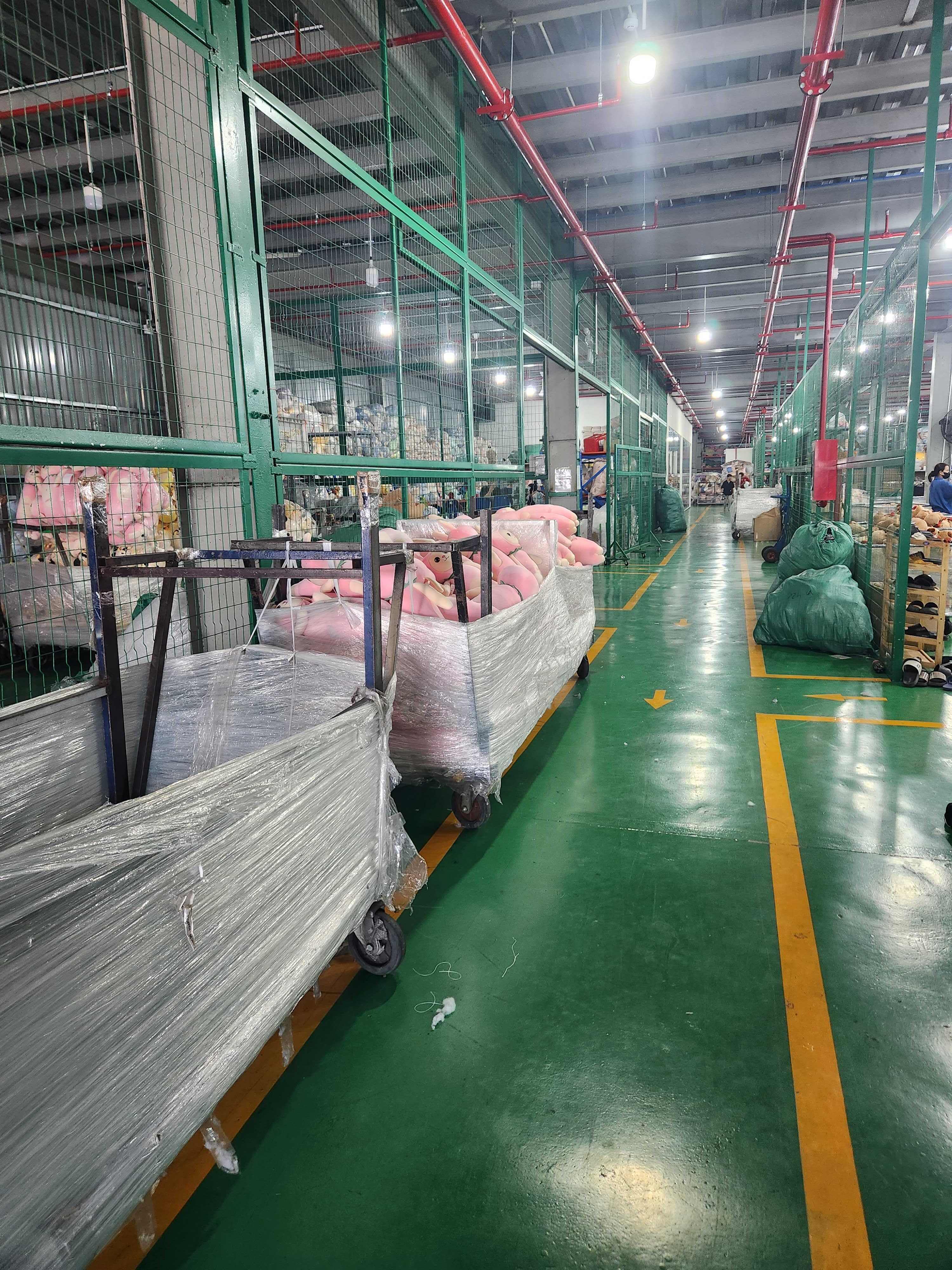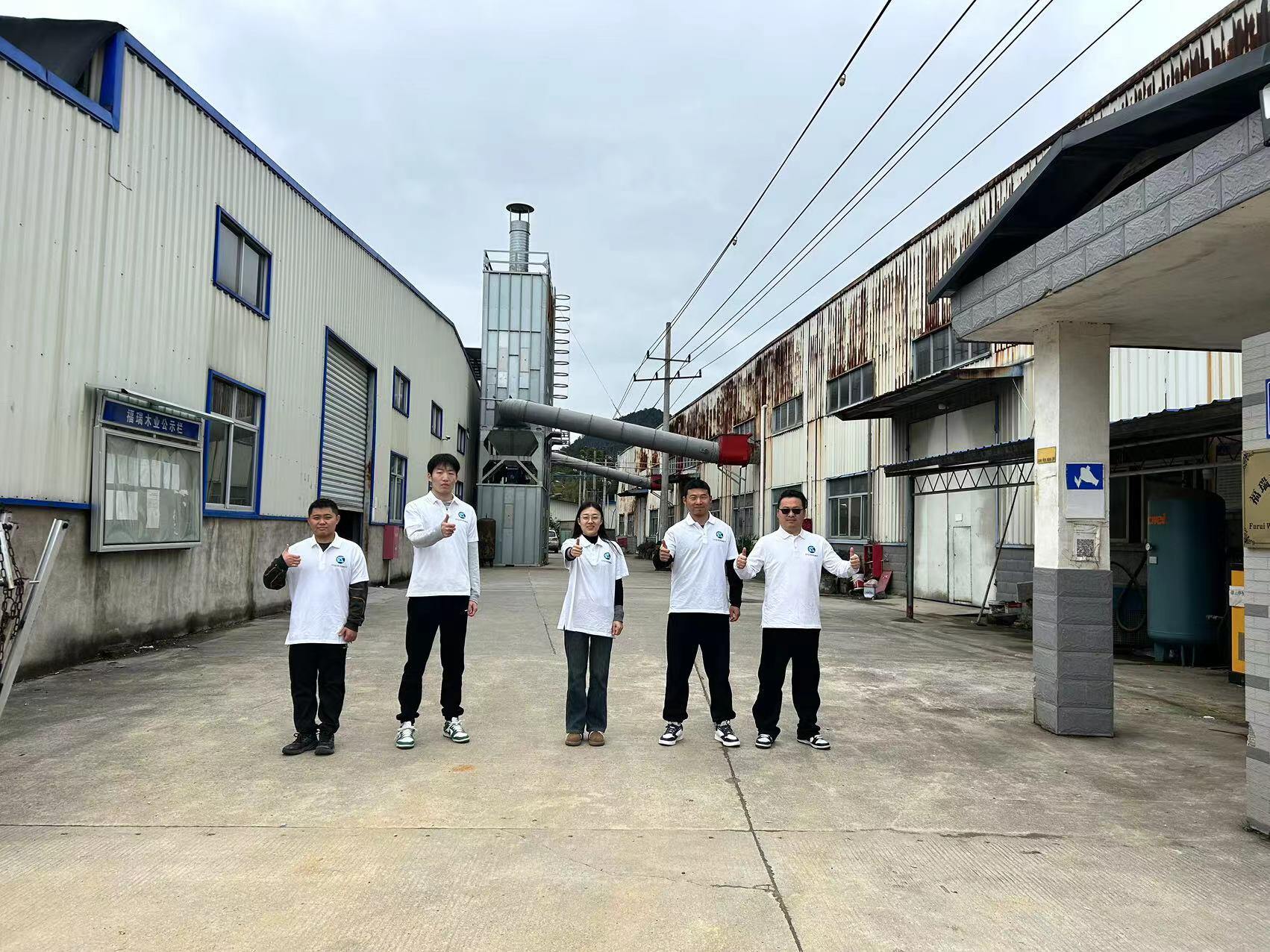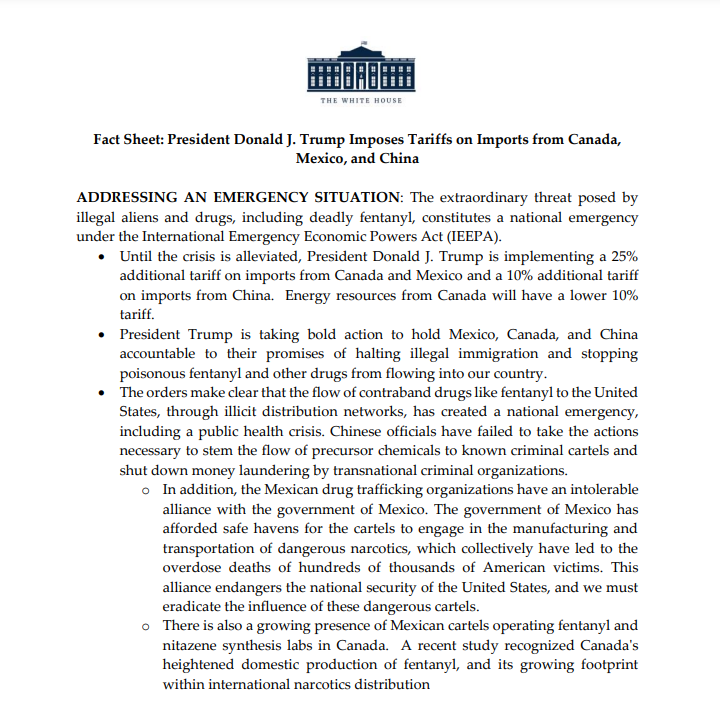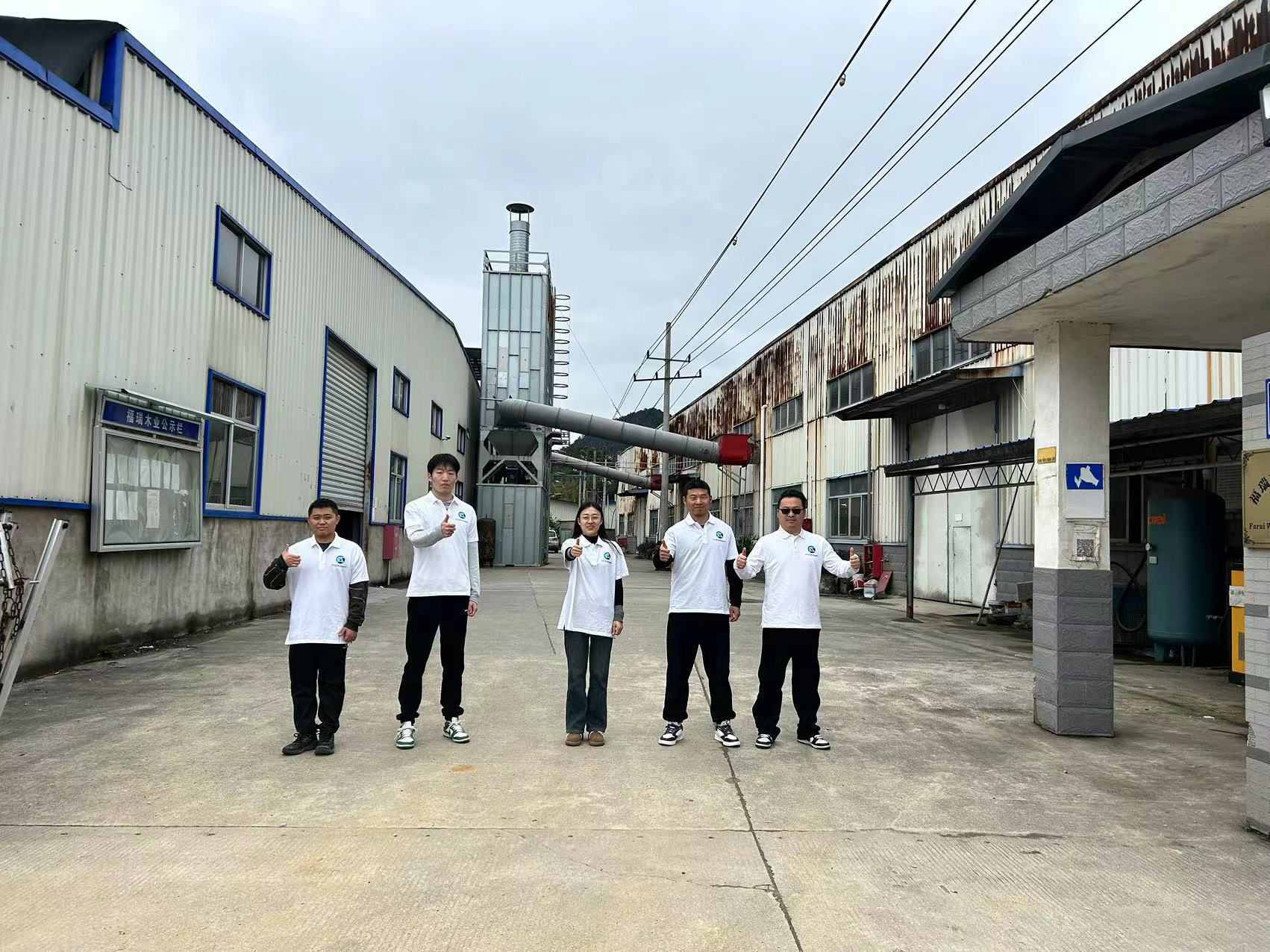A Tariff Pause is Temporary – Why Now is the Time to Negotiate Smarter in China
Introduction
The latest U.S. tariff pause on the auto sector and temporary suspension of tariffs on Canada and Mexico might seem like a relief—but make no mistake: this is not a rollback, just a brief pause.
For businesses that still manufacture in China, this is a critical moment to rethink supplier relationships and negotiate better terms before tariffs inevitably return or increase.
At China Agent Ltd, we specialize in helping businesses secure cost reductions, restructure contracts, and transition to more reliable suppliers who can support them through these uncertain times.
Here’s why negotiation and supplier restructuring in China is the smartest move right now.
The Reality: Why This Tariff Pause Doesn’t Change the Bigger Picture
✔ March 5, 2025: The U.S. announced a 30-day tariff break for the automobile sector.
✔ Canada & Mexico Exemptions Until April 2: Tariffs were temporarily paused for key U.S. trade partners.
✔ “Reciprocal Tariffs” Still on the Table: The U.S. government continues to push for tariff increases based on trade imbalances, currency policies, and subsidies.
🔴 This means that while some tariffs are temporarily halted, they can return at any time—higher and more targeted.
The Smartest Move: Renegotiating Supplier Terms in China
For companies that can’t move out of China right now, the best response is to take control of supplier relationships and costs.
📌 Here’s how we help businesses reduce risk and secure better deals:
1. Supplier Renegotiation – Lowering Costs & Extending Payment Terms
Many businesses are overpaying for manufacturing in China. With the right strategy, we help clients:
✔ Reduce upfront deposits – Shift from 30% down to 15% or lower to improve cash flow.
✔ Extend payment terms – Move to Net-60 or Net-90 agreements to delay tariff-related cash outflows.
✔ Secure volume-based pricing reductions – If tariffs return, locking in bulk pricing now saves money later.
💡 China Agent Ltd’s on-the-ground teams negotiate directly with suppliers, securing cost reductions of 5-15% per order.
2. Transitioning to More Supportive Local Suppliers
Not all suppliers are equally reliable, and some are unwilling to adjust pricing or payment terms in response to tariffs.
We help businesses identify and transition to more flexible and cost-effective suppliers who can:
✅ Offer tariff-adjusted pricing – Suppliers that can absorb some of the increased costs.
✅ Commit to long-term pricing stability – Avoid unpredictable price hikes.
✅ Provide alternative material sourcing – Reducing reliance on high-tariff components.
🚀 China Agent Ltd vets, negotiates, and transitions businesses to better suppliers—without production disruptions.
3. Optimizing Production & Logistics to Reduce Costs
Tariffs are only one part of the cost equation. Many businesses lose money due to inefficiencies in production and logistics.
📌 We help reduce costs by:
✔ Auditing supplier pricing – Cutting hidden markups and unnecessary fees.
✔ Streamlining production processes – Eliminating wasteful steps in manufacturing.
✔ Optimizing shipping & warehousing – Using bonded warehouses to delay tariff liabilities.
💡 By improving production efficiency, companies can offset tariff costs without relocating operations.
4. Preparing for the Next Trade Shift – Keeping a China Presence While Diversifying
For businesses that must remain in China, a hybrid supply chain strategy is the best solution.
🔹 Keep final assembly in China but source tariff-heavy components elsewhere.
🔹 Relocate only select product lines to Vietnam, India, or Indonesia while maintaining core operations in China.
🔹 Use trade loopholes and tariff engineering – Adjusting supply chains to minimize exposure.
📌 China Agent Ltd helps clients build supply chains that are both China-based and globally diversified—ensuring long-term resilience.
Negotiate Now or Pay More Later
📢 A tariff pause is temporary. A smarter, negotiated supply chain strategy is permanent.
💰 Businesses that lock in better pricing, secure supplier commitments, and optimize operations now will be in a much stronger position when tariffs inevitably return.




